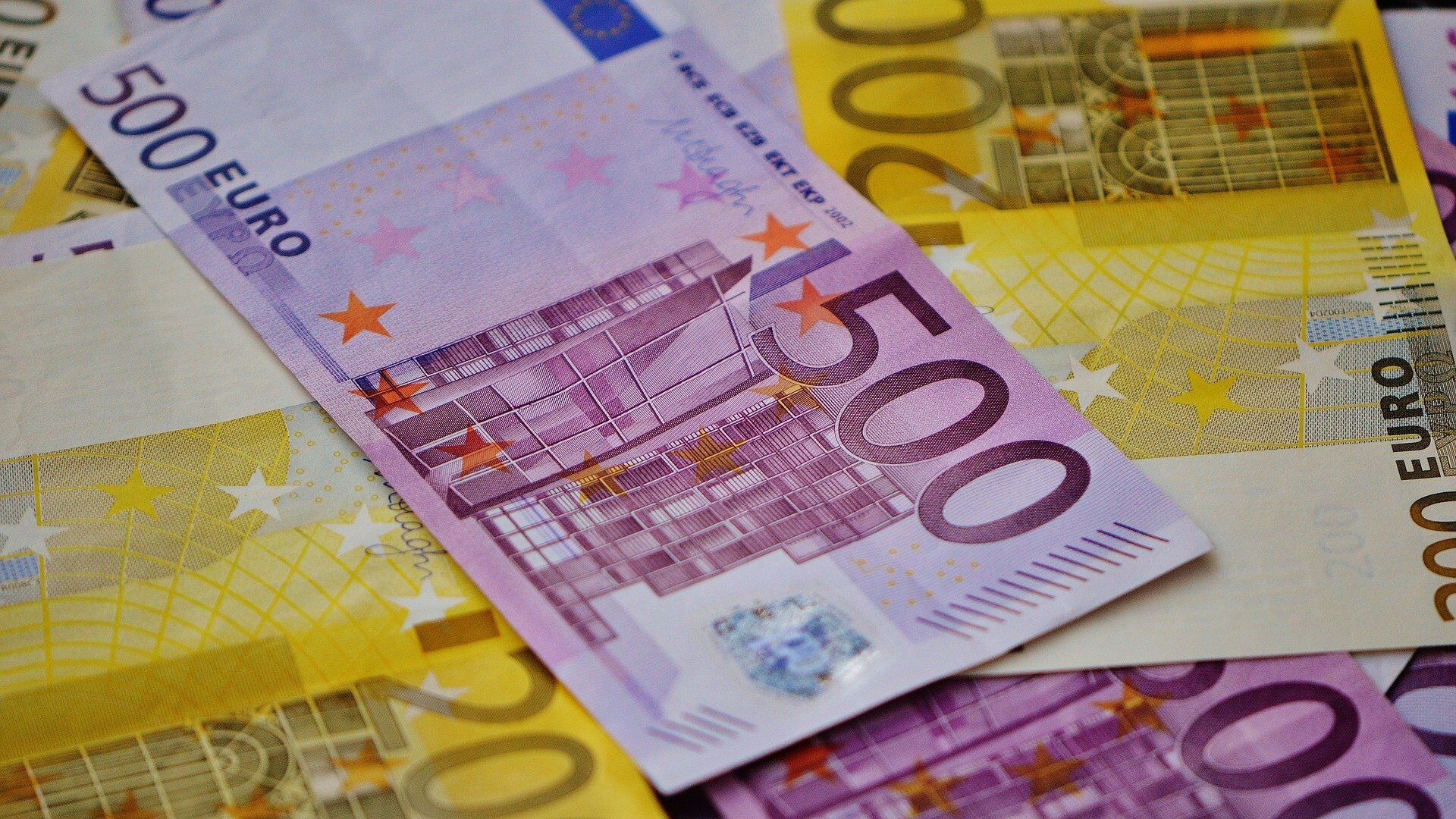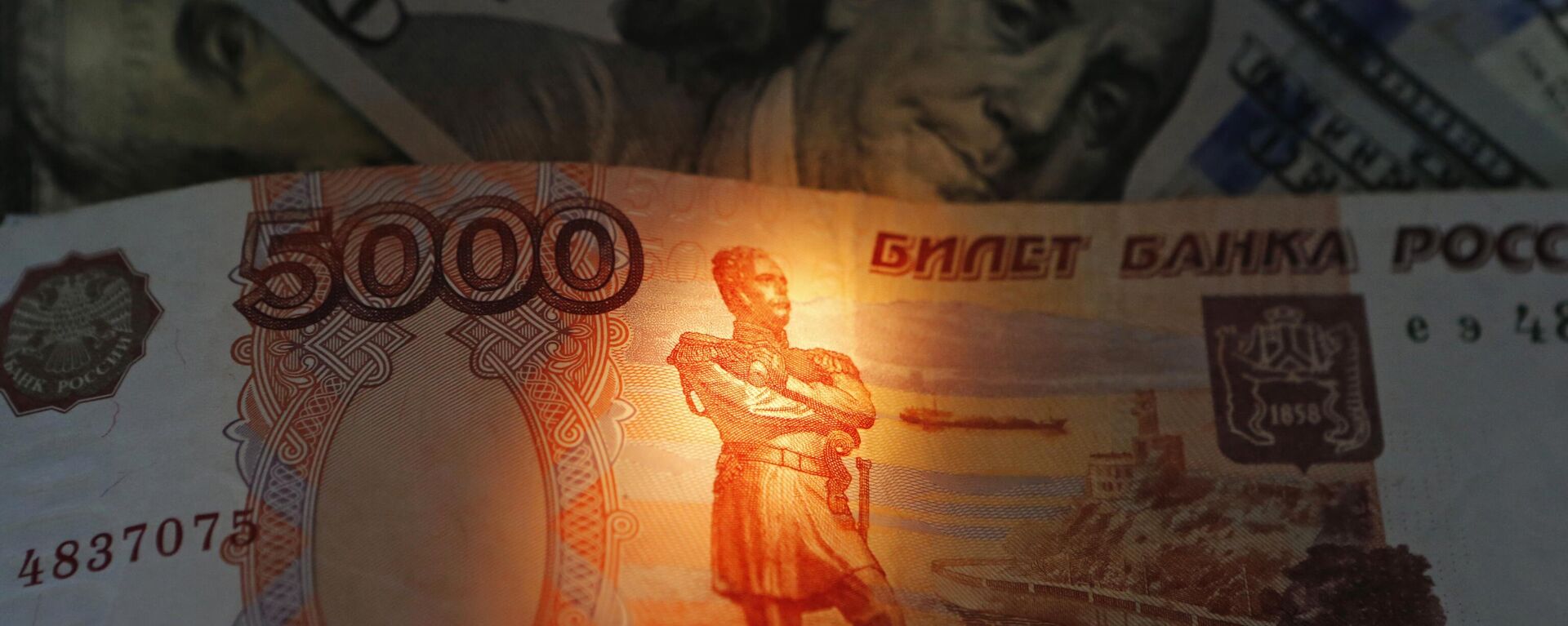https://sputnikglobe.com/20230804/austrian-pm-proposes-constitutional-right-to-cash-1112396834.html
Austrian PM Proposes Constitutional 'Right to Cash'
Austrian PM Proposes Constitutional 'Right to Cash'
Sputnik International
As cashless payment methods proliferate across Europe, Austrian Prime Minister Karl Nehammer has moved to legally preserve paying in the old-fashioned way... 04.08.2023, Sputnik International
2023-08-04T18:42+0000
2023-08-04T18:42+0000
2023-08-04T18:42+0000
world
european union (eu)
austria
digital currency
cash
constitution
https://cdn1.img.sputnikglobe.com/img/104578/44/1045784491_0:0:1920:1080_1920x0_80_0_0_3f8b02166d5a896a5ad3a8a677bb88ec.jpg
Speaking on Friday, the conservative Austrian leader proposed a "constitutional protection of cash as a means of payment,” saying he would direct Finance Minister Magnus Brunner and the country’s central bank to come up with a plan in the coming months to ensure a "basic supply" of cash remains in the economy."Everyone should have the opportunity to decide freely how and with what he wants to pay," he said. "That can be by card, by transfer, perhaps in future also with the digital euro, but also with cash. This freedom to choose must and will remain."Nehammer noted that his comments are in response to claims circulating on social media that the country could soon do away with cash payments, forcing customers to use bank cards or payment apps.According to the Austrian leader, €47 billion is withdrawn from ATMs every year in Austria and the average Austrian carries €102 in cash. Further, two-thirds of payments under €20 are made in cash, he said. Roughly 9.1 million people live in the Central European country, which is part of the European Union and the Eurozone.While the Eurozone nations have been increasing options for cashless payment, the European Central Bank has also committed itself to preserving cash as a payment form. The Eurosystem Cash 2030 strategy was launched in 2020.A study published by the ECB in March found that within the Eurozone, cash is still the most frequent payment method, accounting for 59% of transactions. However, 55% of consumers said they preferred cashless payments. They also found that the value of card payments had exceeded the value of cash payments for the first time, rising to 46% of transactions.“This will help us ensure that means of payment remain accessible to all euro area citizens, regardless of their age, income or place of residence, guaranteeing consumers’ freedom to choose how they pay, even in digital transformation.”The ECB is also expected to present an outline for a legislative framework on a Central Bank Digital Currency (CBDC) or "digital Euro" this year. A leaked passage from the plans published by cryptocurrency news outlet CoinDesk in June showed it proposes to ban surcharges for using the digital currency and to offer "comparable" levels of privacy to withdrawing banknotes when using the digital Euro for offline payments.
https://sputnikglobe.com/20230803/can-i-invest-in-the-digital-yuan-1112369792.html
https://sputnikglobe.com/20230801/connecting-russias-digital-ruble-to-others-will-create-swift-dollar-alternatives-1112325885.html
austria
Sputnik International
feedback@sputniknews.com
+74956456601
MIA „Rossiya Segodnya“
2023
News
en_EN
Sputnik International
feedback@sputniknews.com
+74956456601
MIA „Rossiya Segodnya“
Sputnik International
feedback@sputniknews.com
+74956456601
MIA „Rossiya Segodnya“
european union (eu), austria, digital currency, cash, constitution
european union (eu), austria, digital currency, cash, constitution
Austrian PM Proposes Constitutional 'Right to Cash'
As cashless payment methods proliferate across Europe, Austrian Prime Minister Karl Nehammer has moved to legally preserve paying in the old-fashioned way, with banknotes and coins.
Speaking on Friday, the conservative Austrian leader proposed a "constitutional protection of cash as a means of payment,” saying he would direct Finance Minister Magnus Brunner and the country’s central bank to come up with a plan in the coming months to ensure a "basic supply" of cash remains in the economy.
"Everyone should have the opportunity to decide freely how and with what he wants to pay," he said. "That can be by card, by transfer, perhaps in future also with the digital euro, but also with cash. This freedom to choose must and will remain."
"More and more people are worried that cash could be restricted as a means of payment in Austria," Nehammer said, adding that people have a "right to cash."
Nehammer noted that his comments are in response to claims circulating on social media that the country could soon do away with cash payments, forcing customers to use bank cards or payment apps.
According to the Austrian leader, €47 billion is withdrawn from ATMs every year in Austria and the average Austrian carries €102 in cash. Further, two-thirds of payments under €20 are made in cash, he said. Roughly 9.1 million people live in the Central European country, which is part of the European Union and the Eurozone.
The debate isn’t new to Austria, and Nehammer’s proposal was criticized by both left and right politicos. Philip Kucher, an MP from the Social Democratic Party, said the right to cash was worthless if "there won't be a single ATM left in Austria,” while the right-wing Freedom Party accused the prime minister of stealing their idea.
While the Eurozone nations have been increasing options for cashless payment, the European Central Bank has also committed itself to preserving cash as a payment form. The Eurosystem Cash 2030 strategy was launched in 2020.
A study
published by the ECB in March found that within the Eurozone,
cash is still the most frequent payment method, accounting for 59% of transactions. However, 55% of consumers said they preferred cashless payments. They also found that the value of card payments had exceeded the value of cash payments for the first time, rising to 46% of transactions.
“Monitoring these trends closely going forward is important for us, given our responsibility for issuing public money (currently in the form of cash, and possibly in the future in the form of a digital euro alongside cash) and promoting the smooth functioning of payment systems,” ECB Executive Board Member Fabio Panetta, ECB Executive Board Member said in the introduction to the report.
“This will help us ensure that means of payment remain accessible to all euro area citizens, regardless of their age, income or place of residence, guaranteeing consumers’ freedom to choose how they pay, even in digital transformation.”
The ECB is also expected to present an outline for a legislative framework on a Central Bank Digital Currency (CBDC) or "digital Euro" this year. A leaked passage from the plans published by cryptocurrency news outlet
CoinDesk in June showed it proposes to ban surcharges for using the digital currency and to offer "comparable" levels of privacy to withdrawing banknotes when using the digital Euro for offline payments.




